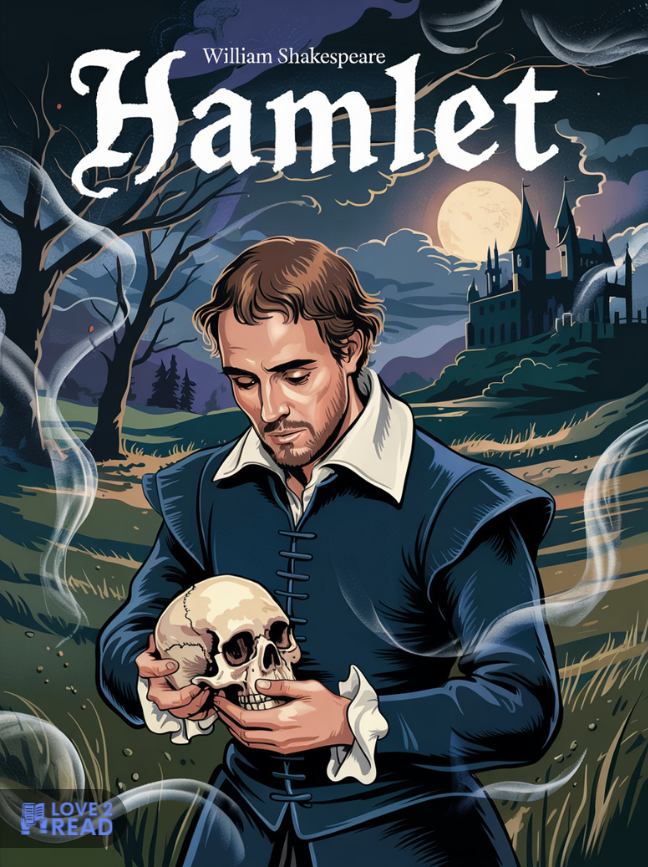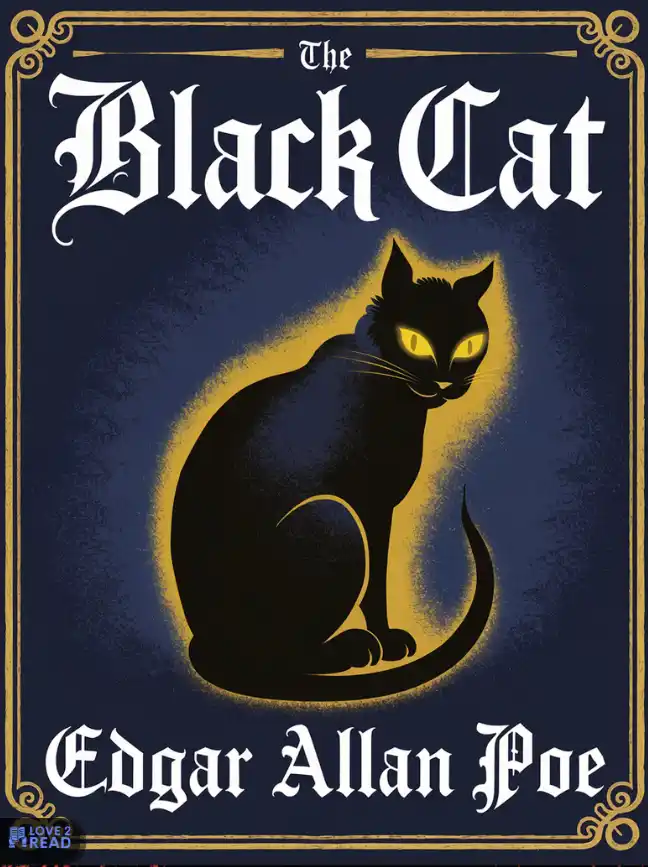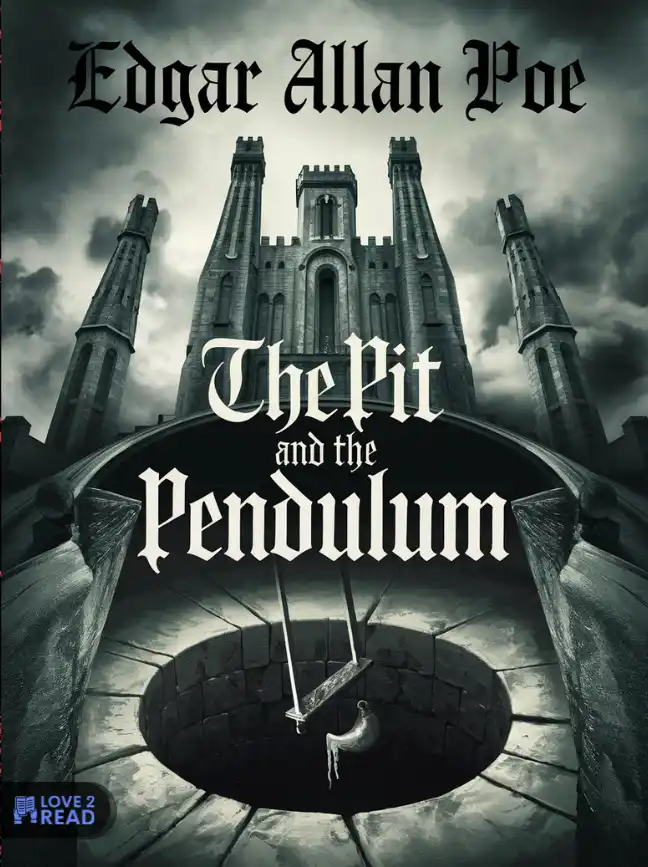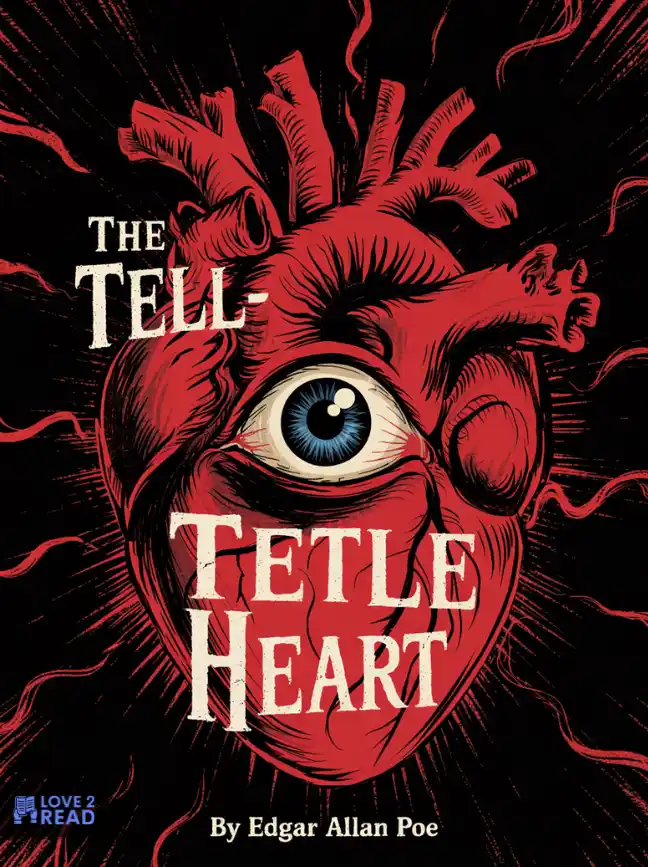Elsinore.—A platform in front of the castle.
FRANCISCO stands guard , BERNARDO comes to him .
BERNARDO.—Who goes there?
FRANCISCO.—No, answer for yourself. Stop and make yourself known.
BERNARDO.—Long live the king!
FRANCISCO.—Bernardo?
BERNARDO.—In person.
FRANCISCO.—You come very carefully to your hour.
BERNARDO.—Midnight has just struck: go back to bed, Francisco.
FRANCISCO.—For this deliverance, a thousand thanks. The cold is bitter, and my heart is seized.
BERNARDO.—Have you had a quiet watch?
FRANCISCO.—Not a mouse moved!
BERNARDO.—Come, good night. If you meet Horatio and Marcellus, my fellow-guards, bid them make haste.
(Horatio and Marcellus enter.)
FRANCISCO.—I think I hear them.—Hal! Halt! Who goes there?
HORATIO.—Friends of this country.
MARCELLUS.—And liegemen of the King of Denmark.
FRANCISCO.—I wish you good night.
MARCELLUS.—Farewell then, honest soldier; who relieved you?
FRANCISCO.—Bernardo has taken my post; I wish you good night.
(Francisco leaves.)
MARCELLUS.—Hello! Bernardo!
BERNARDO.—What do you say? Is that Horatio?
HORATIO.—A little piece of him, yes.
BERNARDO.—Welcome, Horatio. Welcome, good Marcellus.
MARCELLUS.—Well! did this thing appear again last night?
BERNARDO.—I saw nothing.
MARCELLUS.—Horatio says it is mere imagination, and he will not suffer belief to have hold upon him, as to that dreadful vision which we have twice seen. Therefore I have pressed him, bidding him watch with us every minute of this night, that, if that apparition cometh again, he may confirm our looks and speak to it.
HORATIO.—Bah! bah! she will not appear.
BERNARDO.—Sit down a while, and let us once more assault your ears, which are so well fortified against our story, against what we have seen for two nights.
HORATIO.—Well! let us sit down, and hear Bernardo speak of this.
BERNARDO.—The last of all those nights, at the hour when that same star, which is to the west of the pole, had made its journey to light up that part of the sky where it now blazes, Marcellus and I, the bell then striking one….
MARCELLUS.—Peace! Remove the rest! Look, here he comes again.
(The shadow enters.)
BERNARDO.—It is the same appearance as that of the king who is dead.
MARCELLUS.—You who are a scholar, speak to him, Horatio.
BERNARDO.—Doesn’t he look like the king? Observe him, Horatio.
HORATIO.—Quite alike. It overwhelms me with fear and wonder.
BERNARDO.—He would like to be spoken to.
MARCELLUS.—Speak to him, Horatio.
HORATIO.—Who art thou, that usurpest together this hour of night, and this noble and warlike form, in which Denmark’s majesty, now buried, once marched? In heaven’s name, I bid thee speak.
MARCELLUS.—He is offended.
BERNARDO.—See, he goes away haughtily.
(The shadow leaves.)
HORATIO.—Stop; speak, speak; I bid you speak.
MARCELLUS.—He is gone and will not answer.
BERNARDO.—Well! Horatio, you tremble, and are quite pale; is not this something more than imagination? What do you think?
HORATIO.—Before my God, I could not believe it, without the sensible and sure testimony of my own eyes.
MARCELLUS.—Does he not resemble the king?
HORATIO.—How like yourself! This is the same armour he wore when he fought the ambitious Norwegian; so he frowned one day when, in a furious conference, he dragged the Pole from his sledge and laid him on the ice. This is strange!
MARCELLUS.—Twice already, just at this hour of death, he has passed near our post with this warlike gait.
HORATIO.—What point our thoughts are to be directed to in this connection, I know not; but, to speak the whole and the bent of my opinion, this announces some strange explosion in our kingdom.
MARCELLUS.—Good; let us sit down, and tell me, if you know, why these continual guards, so strict and rigorous, thus tire, every night, the subjects of this kingdom? And why, every day, these bronze cannons that are cast, and all this traffic, abroad, for munitions of war? Why the press upon the shipwrights, whose hard labor no longer distinguishes Sunday from week? What is at stake that this sweating haste makes the days and nights companions of the same work? Who is there that can instruct me?
HORATIO.—I may, or so the rumors go: our late king, whose image has now appeared to us, was, as you know, challenged to battle by Fortinbras of Norway, whom jealous pride had stirred to the challenge. In which fight, our valiant Hamlet (for that part of our known world held him to be so) slew this Fortinbras, who, by a well-sealed deed, and made in all the forms of law and heraldry, surrendered to the conqueror, with his life, all the dominions he was possessor of. Against which pledge our king had assigned an equal portion, which would have entered into Fortinbras’s patrimony, had he remained victorious, as his lot, according to the agreement and tenor of the ratified articles, fell to Hamlet. Now, my dear fellow, young Fortinbras, full and boiling with inexperienced ardor, has gathered here and there on the borders of Norway a band of adventurers without fire or home, in exchange for food and maintenance, for some enterprise where it is a question of having heart; it can only be (as our government is well convinced) the project of taking back from us by force and by force, the aforementioned lands, thus lost by his father; and this is, I believe, the major cause of our preparations, the origin of these guards that we are mounting, and the great purpose of this train of mail and this commotion that you see throughout the country.
BERNARDO.—I think it can be nothing else, and it agrees well with that strange augury that passes armed in the midst of our watch, so like the king who was and is the occasion of these wars.
HORATIO. Ah! this is a speck of dust falling into the mind’s eye, to disquiet it. In the time of Rome’s greatest and most flourishing strength, a little before the mighty Julius Caesar fell, the sepulchres were depopulated, and the shrouded dead went crying and groaning through the streets of Rome; stars were seen with tails of flame, and dews of blood, and ravages in the sun; and the humid planet, by whose influence Neptune’s empire rules, was eclipsed almost as if it had been the day of judgment. Well! These are similar precursors of terrible events, like heralds who open the march of destinies, like a prologue of fate that advances, this is what heaven and earth together have just shown in our climates and to our fellow citizens. ( The shadow reappears . ) But, silence! see: there he is. He comes again. I want to place myself before him, even if he must annihilate me! Stop, illusion! If you have a sound, a voice that you use, speak to me.
If there is anything good that can be done that will count for your relief and for my salvation, speak to me.
If you are in the secret of the destinies of your country, and that, for our happiness, foresight can prevent them, oh! speak.
Or if, during your life, you have hidden in the bosom of the earth some extorted treasure, which is why, it is said, you spirits often wander, dead as you are, tell me. Stop and speak. ( The cock crows . ) Stop him, Marcellus.
MARCELLUS.—Shall I strike him with my halberd?
HORATIO.—Yes, if he won’t stop.
BERNARDO.—Here he is!
HORATIO.—Here he is!
(The shadow leaves.)
MARCELLUS.—There he is gone. We do him wrong, that is so stately, by attempting these demonstrations of violence against him; he is as invulnerable as the air, and our blows striking in the air would have been but a malicious mockery.
BERNARDO.—He was just about to speak when the cock crowed.
HORATIO.—And then he started like a guilty creature at a dreadful call. I have heard that the cock, which is the bugle of the morning, with his high and piercing voice wakes the god of the day; and at this signal, the escaped and wandering spirits, whether in the sea or in the fire, hide themselves in their prison; and this has proved that the saying is true.
MARCELLUS.—He fainted at the cockcrow. Some say that always, when the season approaches when our Savior’s birth is celebrated, that bird of the dawn sings all night long; then, they say, no spirit dares to venture outside; the nights are healthy; then no planet whose action strikes us, no fairy who surprises us, no witch who has the power to charm, so sanctified and rich in graces is this time of year.
HORATIO. I have heard him say so, and I partly believe it. But see, the morning, in her blushing mantle, Comes among the dew upon that high east hill. Let us descend our watch, and if you will believe me, tell young Hamlet what we have seen this night; for, upon my life, this spirit, mute to us, shall speak to him. Will you agree that we should inform him of this, as our affections bid us, according to our duty?
MARCELLUS.—Let us do that, I pray you; I know where we may find him this morning very conveniently.





